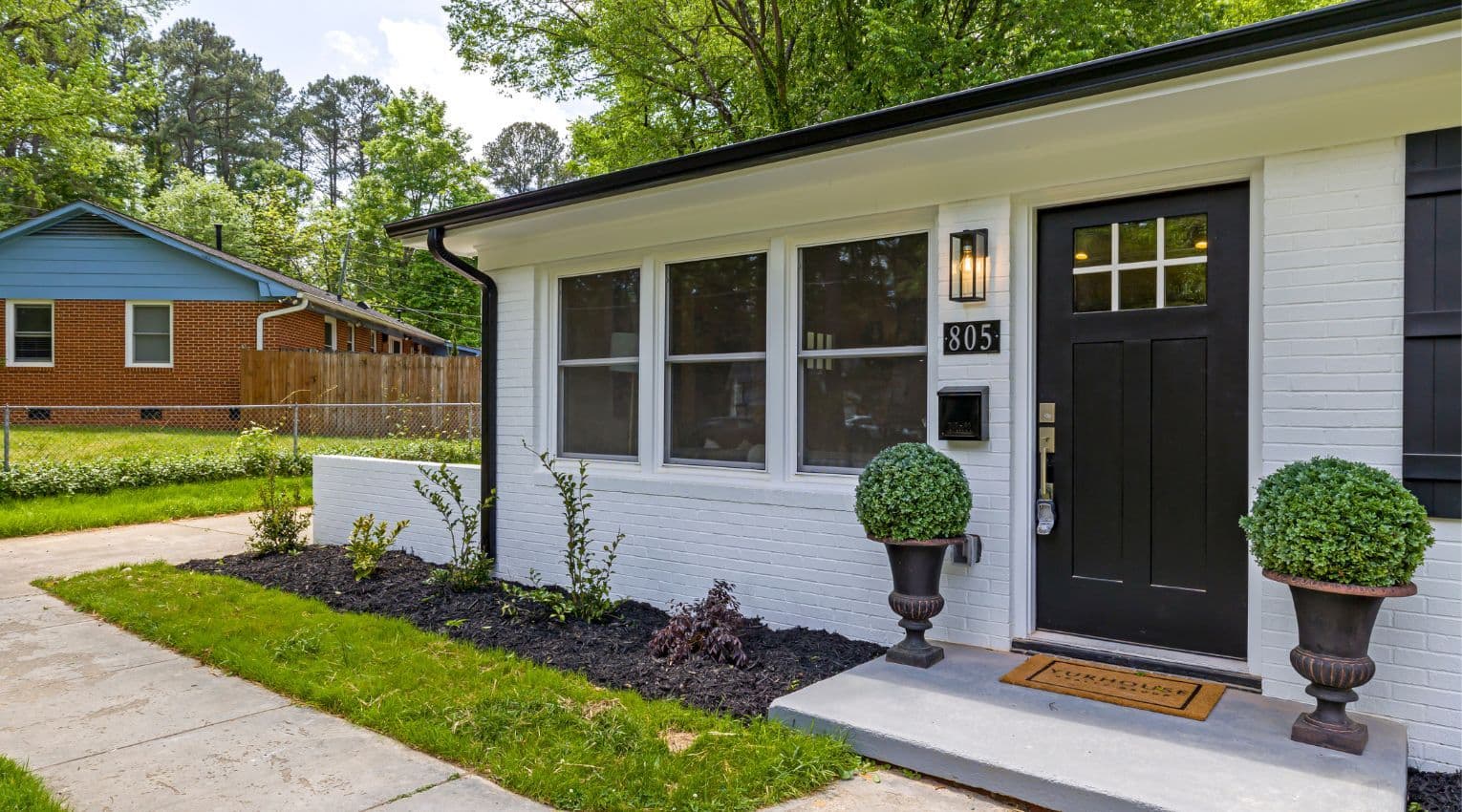5 Characteristics to Consider to Choose the Right Neighborhood

When it comes to determining the best place for your family to live, there are a number of considerations (and opinions) to balance — but ultimately, it all depends on your personal priorities, values, and budget. Your decision should be one based on both head and heart: while you want to make your whole family as happy as possible, you also want to make sure you’re making a solid investment.
If you hail from the area you’re looking to buy a home in, you’re already at an advantage, since you’re more familiar with neighborhoods and might even have a clear idea of the streets where you want to house hunt. However, if you’re moving to a totally new-to-you city, it might be a bit more daunting. No matter what your circumstances, though, there are several factors to look at before you commit to a place.
1. Safety
Safety is one of the biggest and most important factors to consider in a potential neighborhood, especially if you have children. Fortunately, there are many websites that aggregate crime statistics in a given area so you can easily compare them before even visiting in person, including NeighborhoodScout, SafeWise, and SpotCrime.
When exploring potential streets, make note of the potentially less obvious — but still important — features, including the amount and placement of street lights and sidewalks. Conversely, you should keep an eye out for vacant or abandoned buildings or any other sights that feel unsettling or concerning as you look around. It’s also a good idea to drive around a potential neighborhood at night to get a feel for it at different times of the day.
One more consideration is whether your home is on a main road or on a side street or cul-de-sac, especially if you’re hoping to purchase a home with secluded backyard space for your children to play.
2. Schools
If you plan to or have children, school quality and proximity is another major factor that can make or break your choice of location.
It’s easy to see online, at a glance, how districts are performing and how large they are on Niche and GreatSchools, but it is often worth your while to connect with parents within the district(s) you’re researching to get their firsthand thoughts as well. And if athletics are of interest to your kids, take a look at the size and variety of the sports programs and how the teams typically perform.
3. Convenience
Think about your day-to-day routine and the types of conveniences you value. How close are grocery stores, hospitals, doctor’s offices, pharmacies, parks, and shopping centers? Are you near enough to highways if you need to quickly and easily access other cities, or see friends and family?
Most importantly, if you drive to work or take public transportation, time and map out your potential daily commute. Choosing an area that results in an hours-long drive or multiple train transfers won’t just cut time out of your day that you could spend with your family — and zap your energy — but it could cost you in gas and train tickets as well.
4. Price
Though safety, schools, and proximity to conveniences are the most important aspects when researching areas, you can begin shopping by price once you narrow down a neighborhood based on these criteria. It helps to get an idea of current median home values in the area, as well as property taxes, so you can more accurately and quickly assess what’s within the normal range and what properties might be overpriced as you shop around. Realty websites including Redfin, Zillow, and National Association of Realtors can help estimate home prices, as well as regional realty publications.
5. Any Other Important Features (to You)
Once you’ve addressed all of your must-have characteristics, think about miscellaneous preferences you or any of your family members might have. For example, do you have preferences on town water and septic versus private, an older versus a newer home, or planned future development in the neighborhood that could increase noise and/or traffic?
With some time, effort, and research, you can make an informed decision that everyone is happy with and land in the right neighborhood for your family.
Knowing your current home value can help you determine your budget for the next one. Do you know what your current home is worth? Our Home Equity Dashboard can help!
You should know
We do our best to make sure that the information in this post is as accurate as possible as of the date it is published, but things change quickly sometimes. Hometap does not endorse or monitor any linked websites. Individual situations differ, so consult your own finance, tax or legal professional to determine what makes sense for you.



